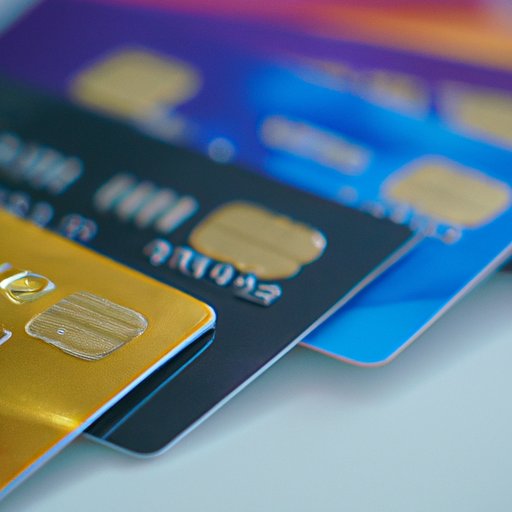
I. Introduction
One of the biggest problems that credit cardholders face is the accumulation of interest charges. Many times, people end up paying much more than what they originally spent, and the impact can be devastating for some consumers. This article aims to provide tips for avoiding unnecessary interest charges on credit cards.
II. Pay your balance in full each month
When you carry a balance on your credit card, you end up paying interest charges on top of your original purchases. This results in debts that can be difficult to repay, especially when you only make minimum payments. To avoid this, try to pay your entire balance each month. One way to manage your spending is to set up automatic payments or reminders to ensure that you stay up-to-date with your payments.
III. Choose cards with lower interest rates
The Annual Percentage Rate (APR) of your credit card determines how much interest you will pay on your unpaid balance. If possible, choose cards with lower ongoing APRs or look for 0% introductory APR offers. Be sure to read the fine print, though, and avoid cards that have high fees attached to them.
IV. Avoid cash advances
Cash advances involve borrowing against your credit line to get cash. This transaction is usually accompanied by higher fees and interest rates than regular credit card purchases. If you need cash, consider alternatives like personal loans or borrowing from a friend. Another idea is to plan ahead by setting aside cash for those expenses.
V. Monitor your credit card usage
It’s important to keep track of your credit card usage to ensure that you stay within your budget and avoid unwanted surprises like missed payments or over-spending. Check your balance regularly, set up alerts for payment due dates, and monitor your credit limit to avoid surpassing it. You can also consider creating a spending plan to help you stay on top of your expenses.
VI. Conclusion
Avoiding interest charges on credit cards requires smart practices and discipline, but it’s worth the effort. By paying your balance in full each month, choosing cards with lower interest rates, avoiding cash advances, and monitoring your credit card usage, you can keep your spending under control and avoid excessive debt. Take the time to understand how credit cards work and how you can use them to your advantage.
Remember that credit cards can be a useful tool when managed properly, but they can also result in financial turmoil if not used responsibly. By following the tips in this article, you can avoid the pitfalls of credit card debt and enjoy greater financial freedom.





